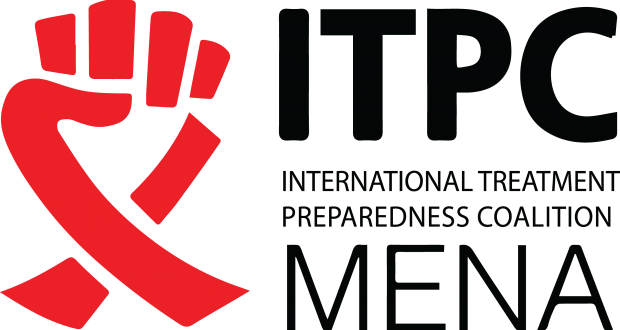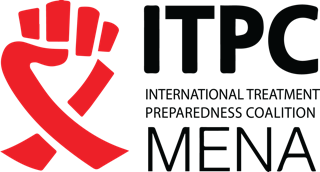The International Treatment Preparedness Coalition (ITPC) was formed at the International Treatment Preparedness Summit held in 2003 in Cape Town, South Africa. At the Summit, 125 activists from 67 countries gathered to discuss how to expedite access to treatment to the millions of people living with HIV in the global South. Participants advocated for a drastic reduction in prices of expensive drugs, and to allow the manufacture and importation of cheap generic copies of medication. At the time less than 500,000 people had access to antiretroviral treatment given that it cost more than $10,000 per person per year.
The participants at the Treatment Summit focused on developing a set of policies and regional advocacy strategies to pave way for the realization of the World Health Organization’s (WHO) goal of providing HIV antiretroviral therapy to 3 million people living with HIV by 2005 in low and middle-income countries. This target was eventually attained by 2007, and the initiative served as a critical stepping-stone in securing political commitment for reaching universal access.
In 2008, ITPC, PATAM and ALCS organized the first meeting of North African HIV treatment activists in Casablanca, after observing the lack of involvement of civil society organizations in treatment and prevention. There was a considerable lack of data on availability and quality of treatment in the region and limited participation and visibility of the MENA region in global discussions.
ITPC Middle East and North Africa (ITPC-MENA) was created to strengthen community-based advocacy for HIV care, treatment and prevention in the region. In 2014 ITPC-MENA registered as an independent organization and in 2015 established its office, headquartered in Marrakech, Morocco.
The Goals of ITPC-MENA
The objective for creating ITPC-MENA was to create a North African network of treatment access advocates in order to establish and strengthen local and regional efforts to educate communities about treatment and mobilize them to demand access to these drugs. Specific objectives for this Northern African network were to promote communication and dissemination of information between treatment advocates in the region, to build advocacy capacity among local activists and organizations, to increase treatment literacy among people living with HIV (PLWHIV), and to generate data about access to treatment. At the local, regional and international levels, action is aimed at securing the commitments and policy changes from governments, multilateral institutions and the private sector necessary to expedite access to HIV treatment and address the problem of isolation faced by local activists.

